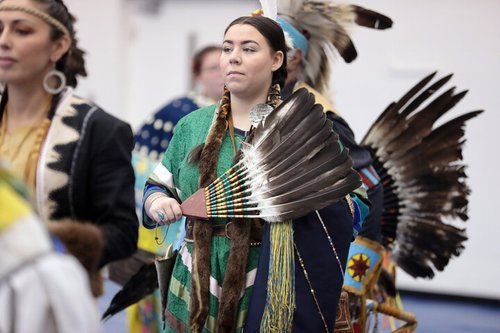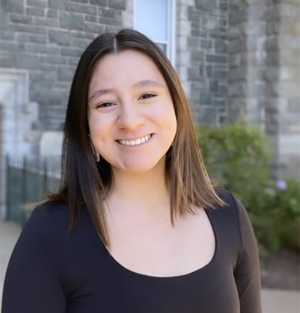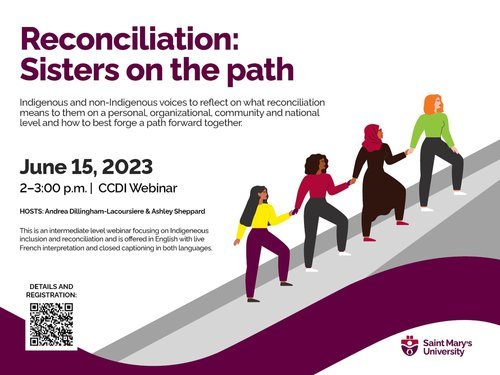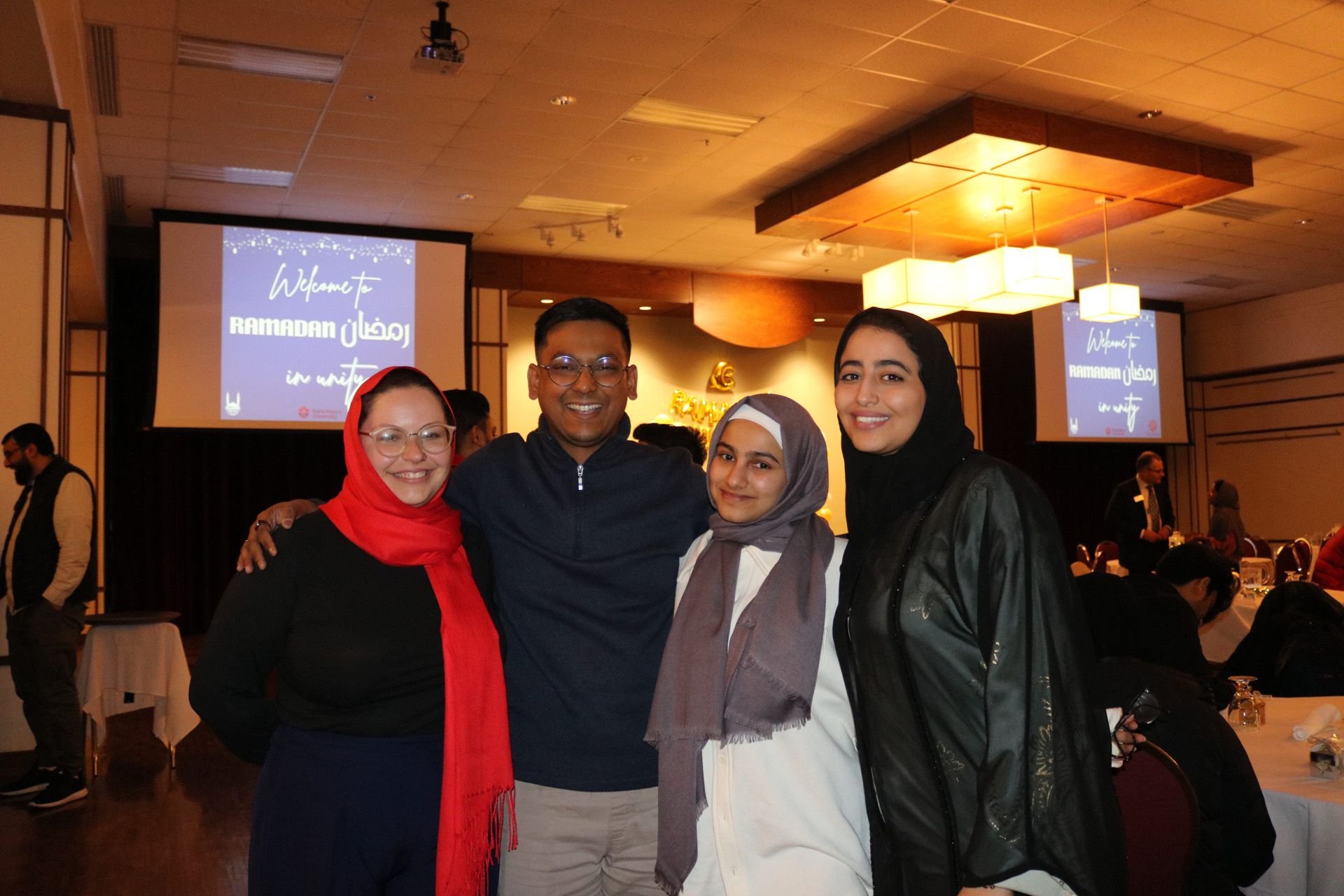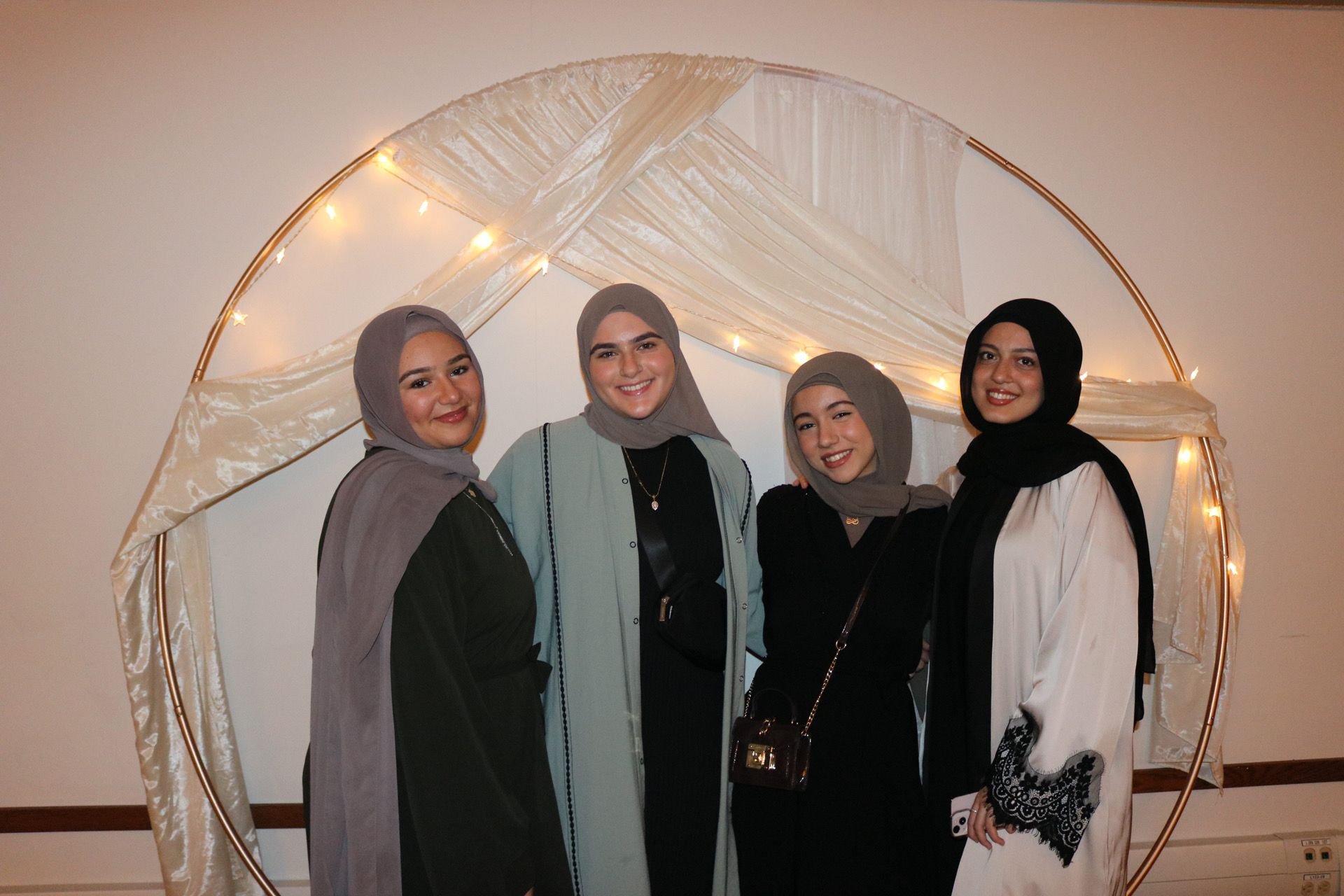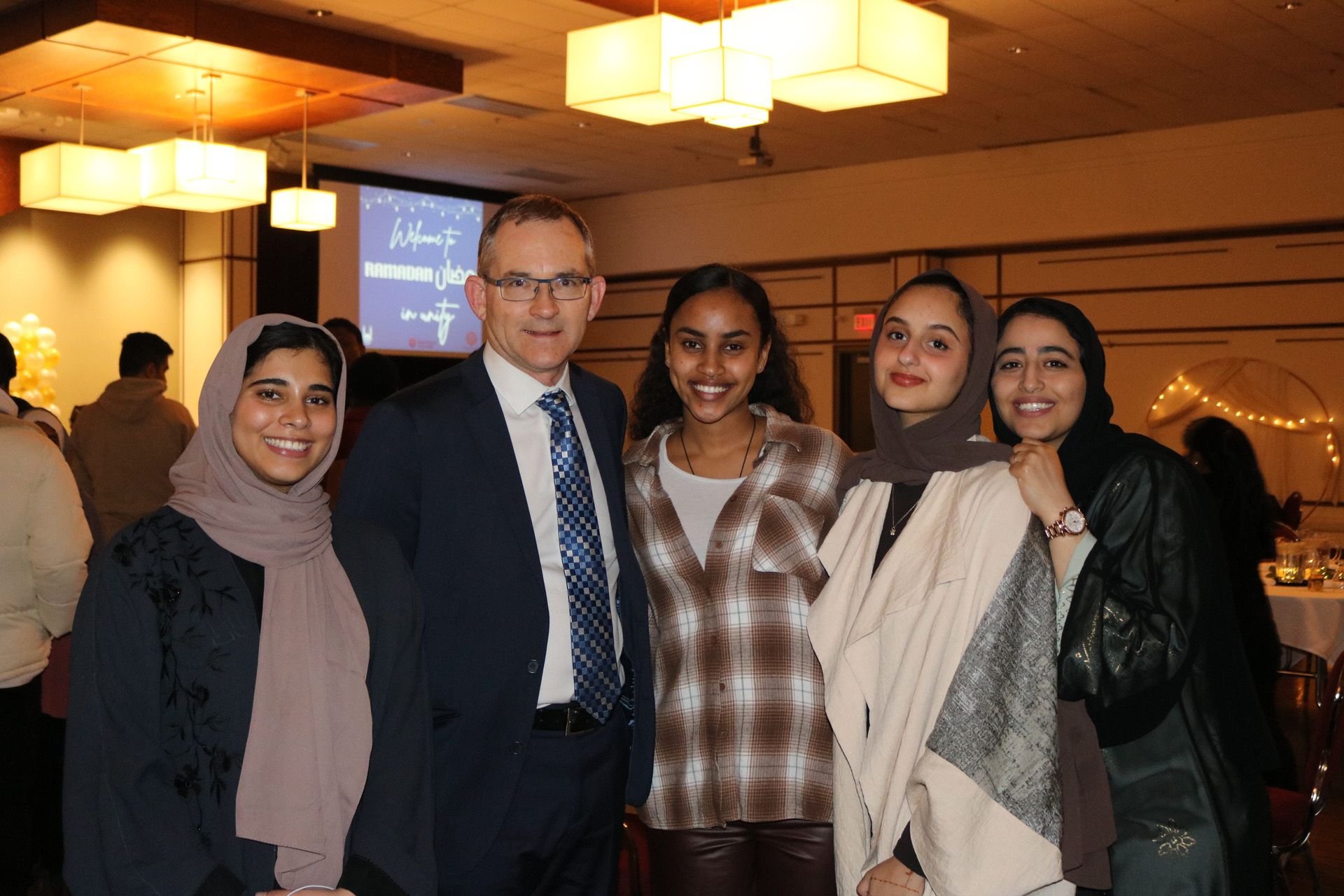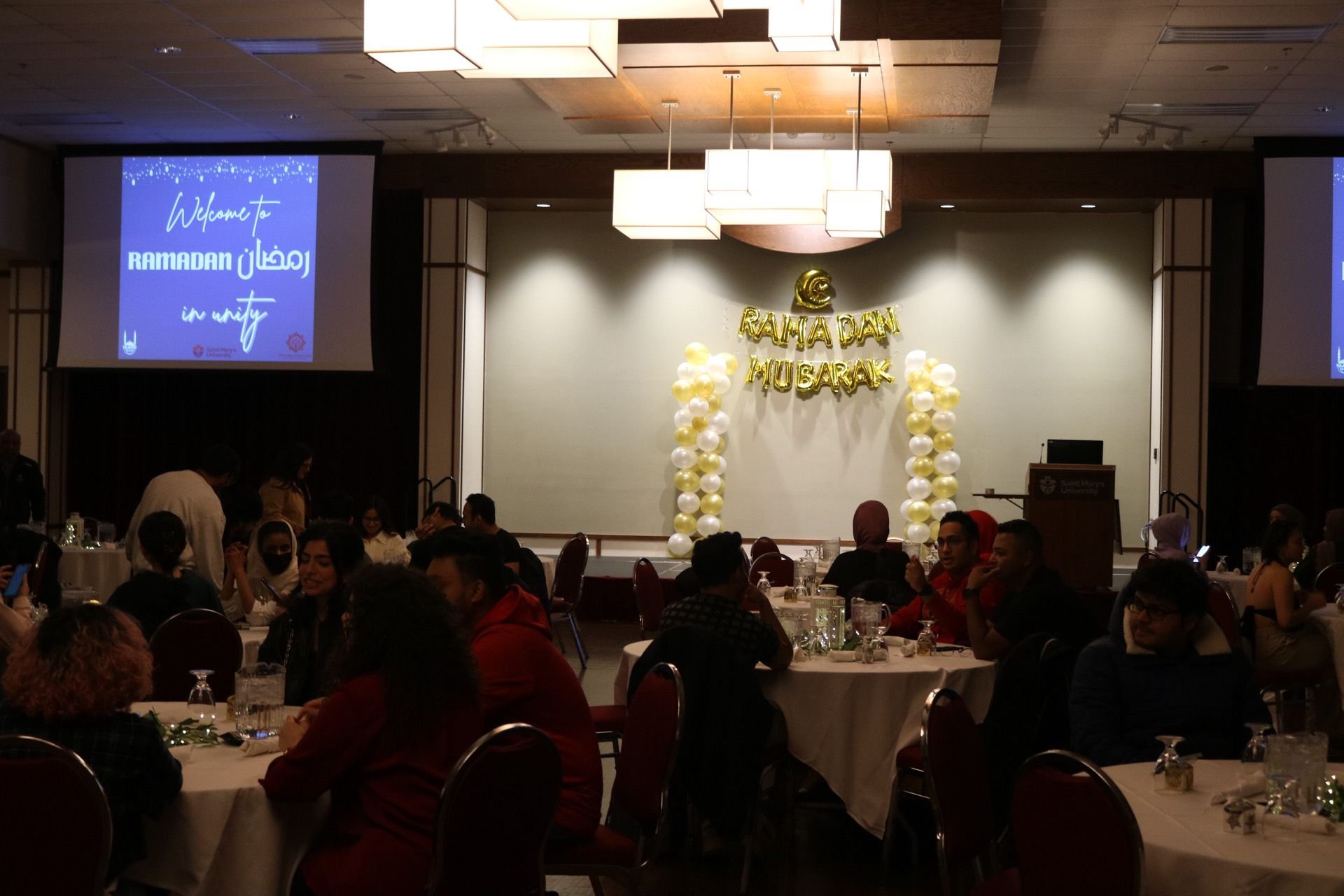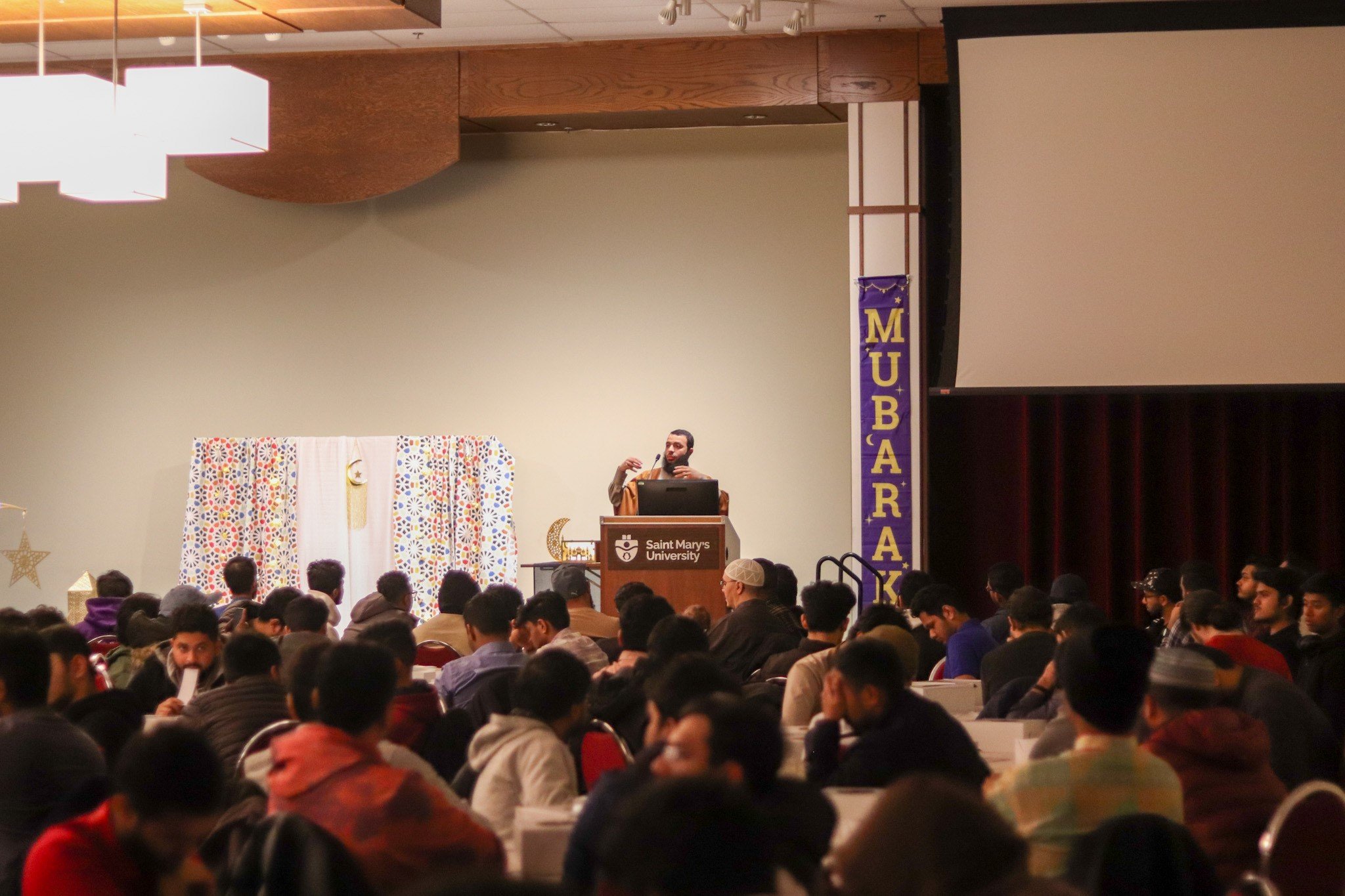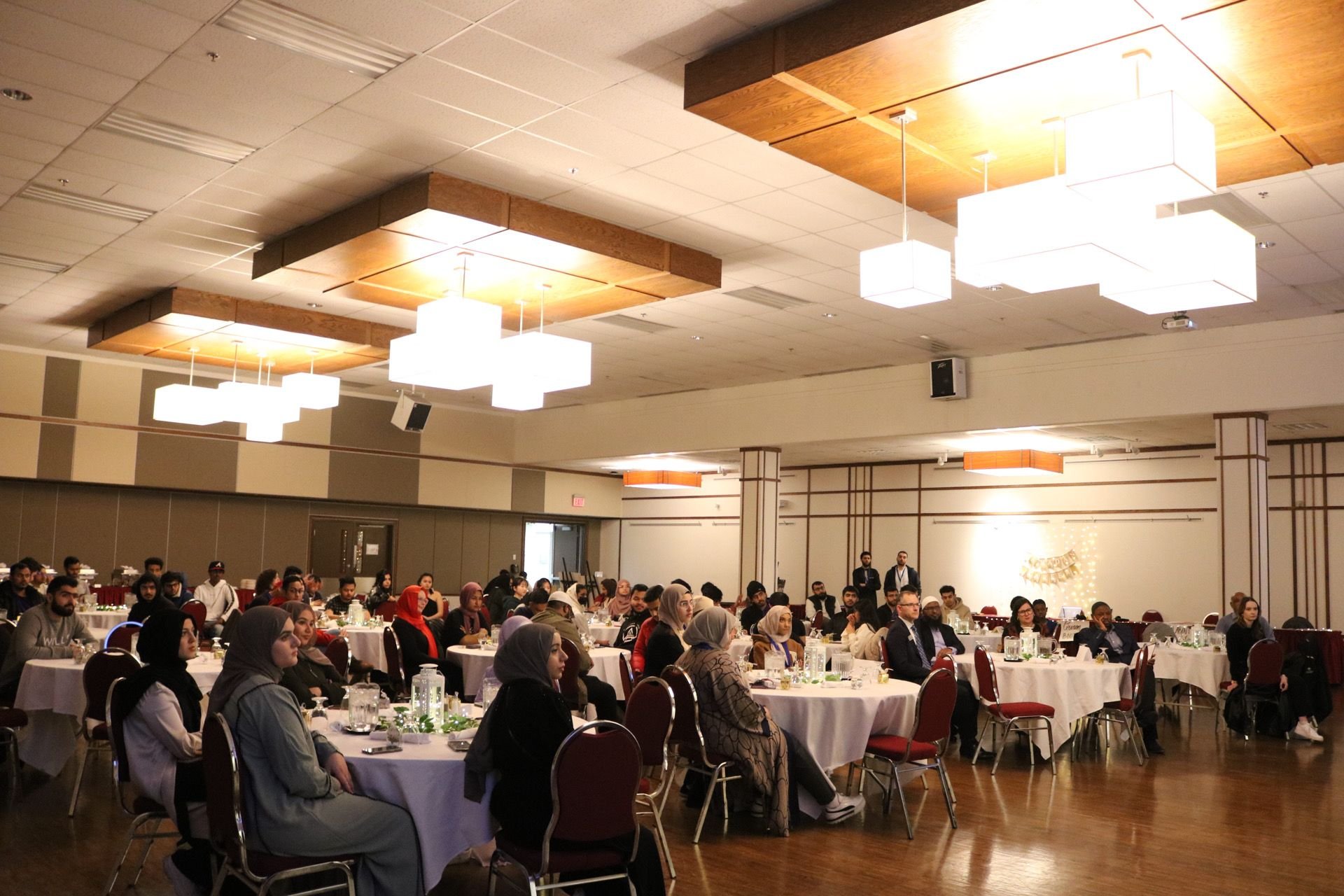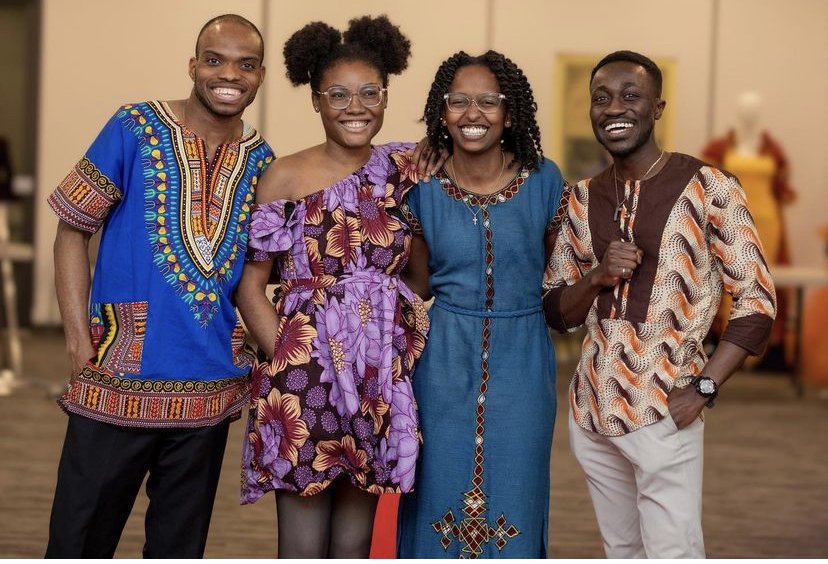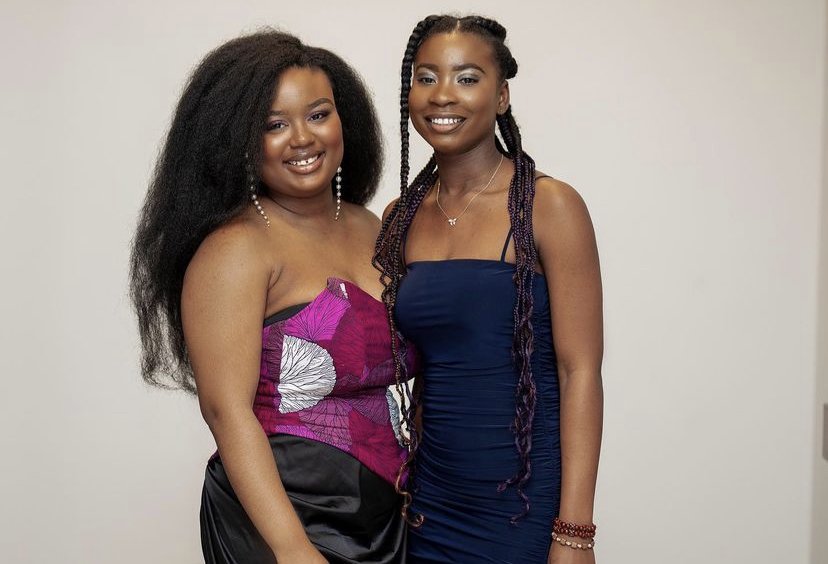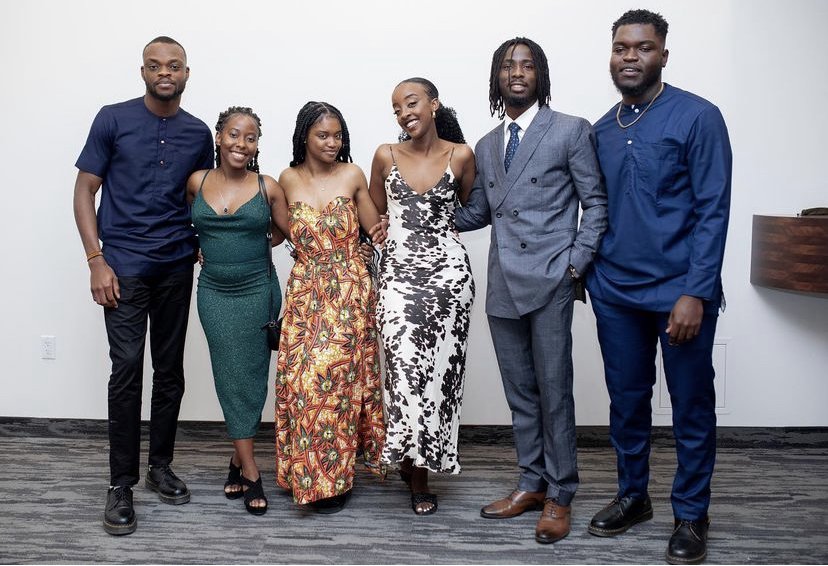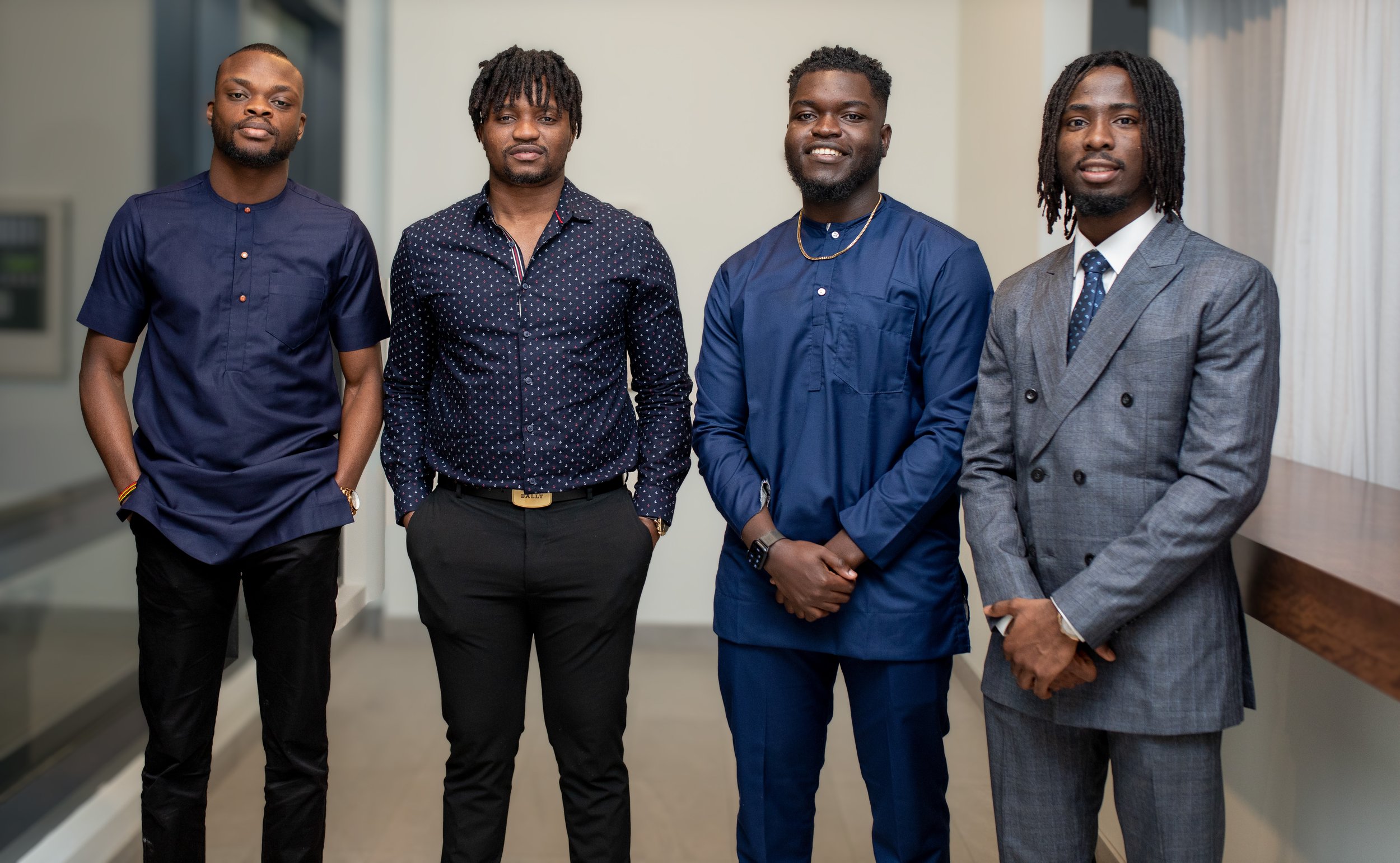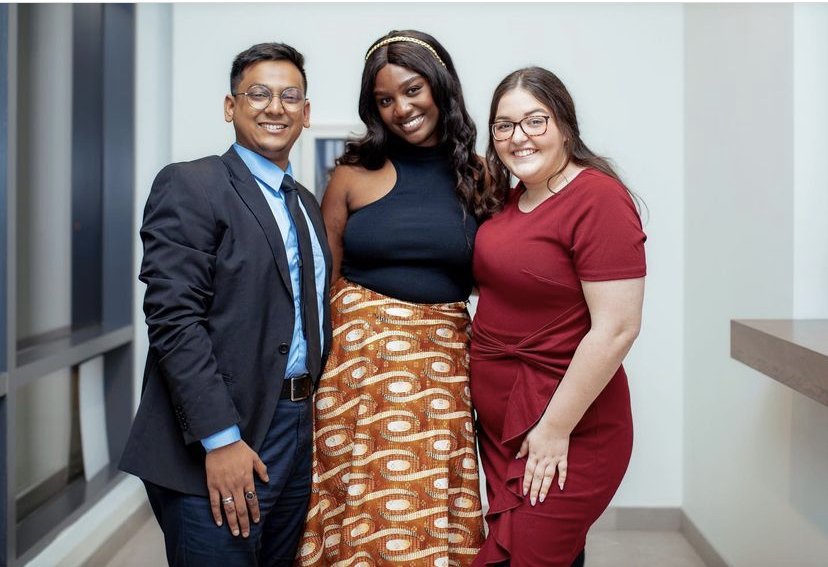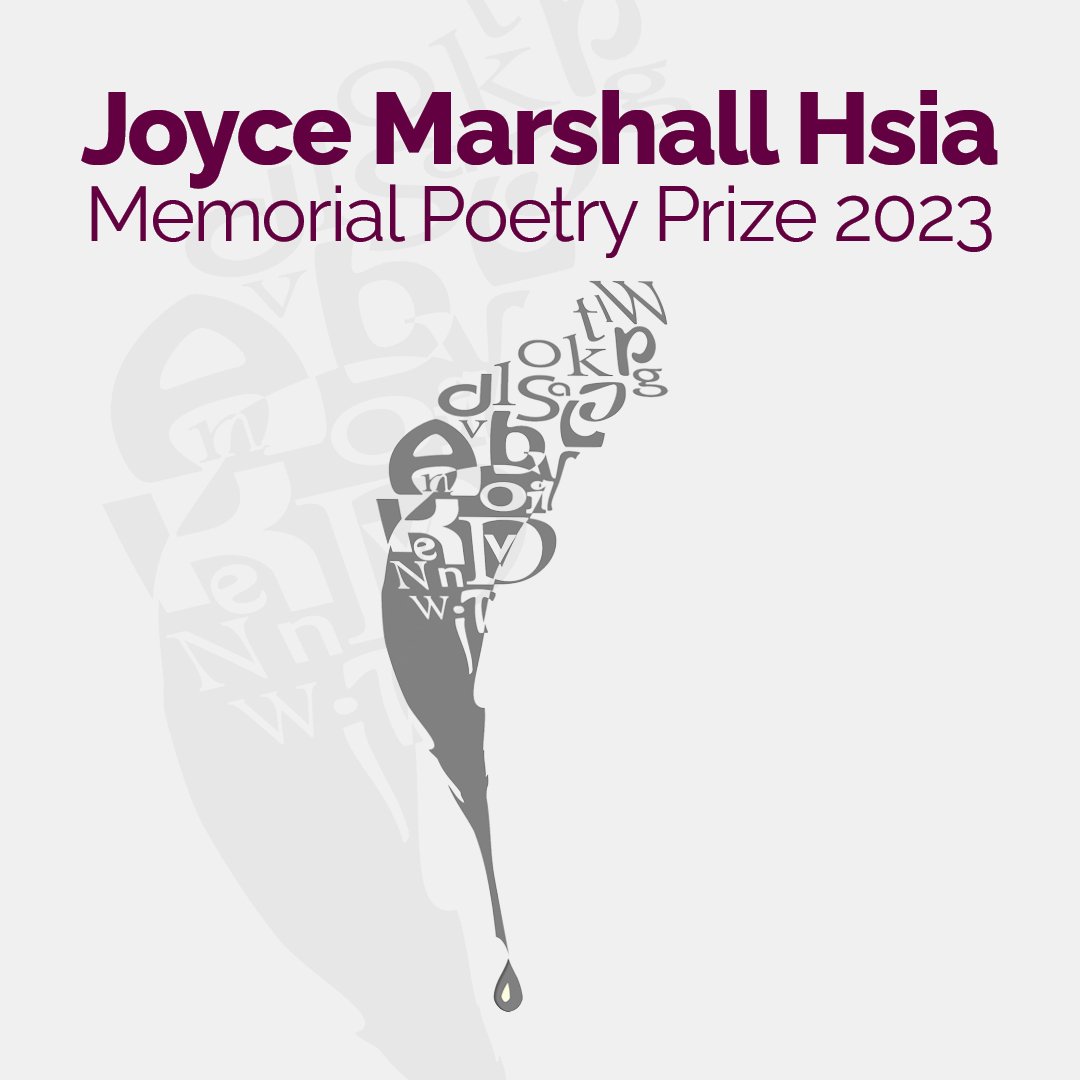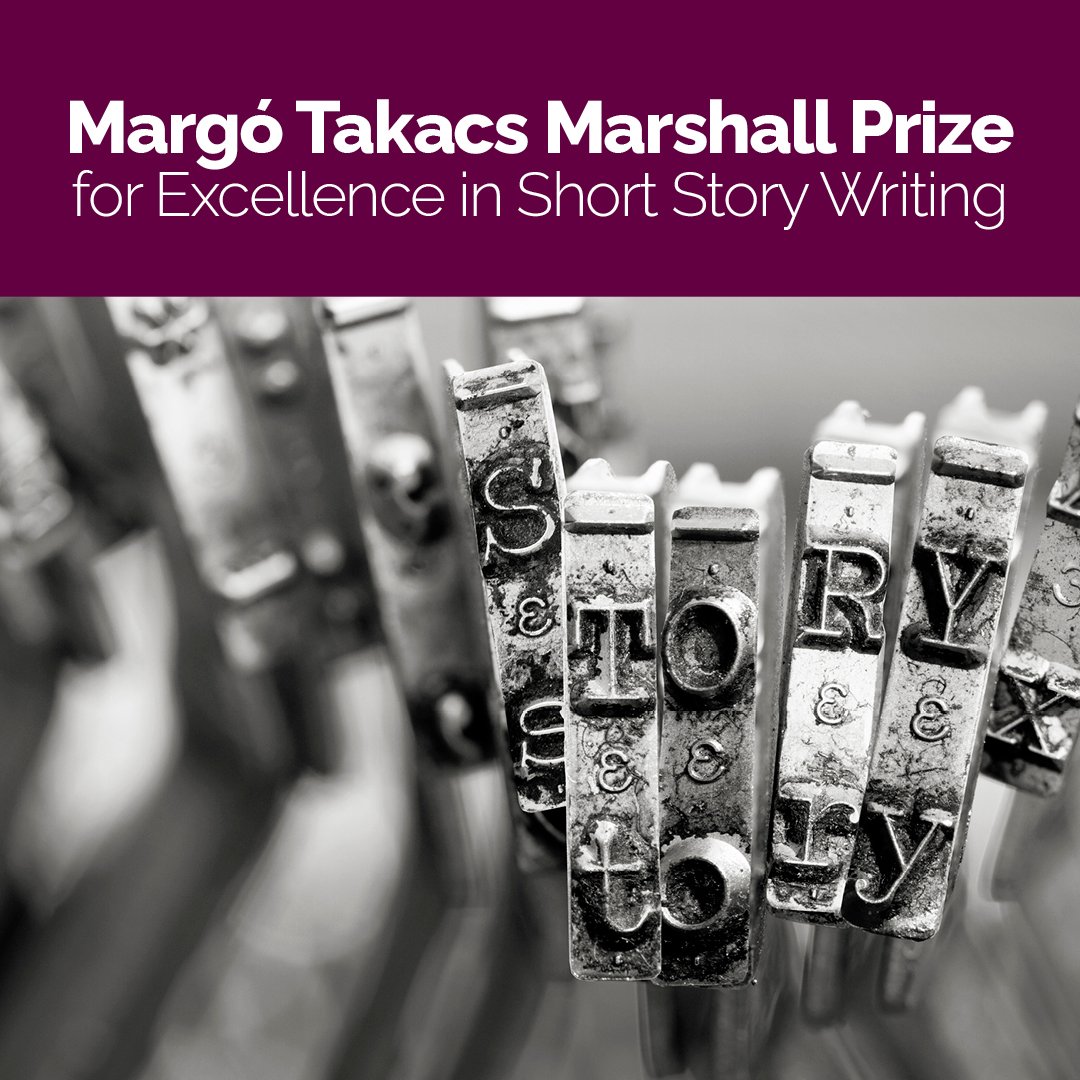National Indigenous History Month is an opportunity to learn about the unique cultures, traditions and experiences of First Nations, Inuit and Métis. It's a time to honour the stories, achievements and resilience of Indigenous Peoples. June 21 is National Indigenous Peoples Day.
This year, different themes will highlight specific aspects of Indigenous history, cultures and perspectives. These themes include Women, girls and 2SLGBTQI+ people; Environment, traditional knowledge and territory; Children and youth; Languages, cultures and arts; and Reconciliation.
Saint Mary’s University acknowledges it is in Mi’kma’ki, on the traditional land of the Mi’kmaq Nation. The Mi’kmaq flag flies proudly on Saint Mary’s campus.
Follow @smuhalifax, @smu_studentlife and @SMUalumnihfx to see posts and alumni profiles shared throughout the month.
Announcing the Interim Indigenous Student Advisor
The Indigenous Student Advisor provides support to Saint Mary’s students.
Kyle Cook BA'23 (he/him) is the Interim Indigenous Student Advisor at Saint Mary's University. Originally from Ktaqmkuk (Newfoundland), Kyle is a proud Mi'kmaw man and an active community member of Qalipu First Nation. He is a graduate of Saint Mary's University, BA'23, with a double major in Criminology and Social Justice/Community Studies.
Kyle can be contacted via email at indigenous.advisor@smu.ca or in person at Burke 114.
Indigenous Student Ambassador
New students coming to Saint Mary’s can meet with Kaylee Denny, Indigenous Student Ambassador with Recruitment and Marketing.
Kaylee (she/her) is a second-year Indigenous student at Saint Mary’s, pursuing a degree in Bachelor of Science majoring in Biology. She grew up on the beautiful island of Unama’ki and lives in a Mi’kmaw community called Eskasoni.
Contact Kaylee isa@smu.ca or book a virtual meeting.
Learn more about Indigenous Student Supports at Saint Mary’s
Visit the Patrick Power Library to browse the National Indigenous History Month collection
Patrick Power Library
The Patrick Power Library is featuring a collection of library resources for National Indigenous History Month, on display on the ground floor of the library. Book recommendations will be shared online throughout the month on our social channels (@smuhfxlibrary). All books can be borrowed with your SMU ID card, or accessed online using your SMU email and password.
Browse the full National Indigenous History Month collection online.
Also, check out the library’s Indigenous Studies guide, with more book recommendations, suggested journals, databases, government information, and other resources.
Reconciliation: Sisters on the path
Thursday, June 15
2–3 p.m.
This webinar for faculty and staff brings together Indigenous and non-Indigenous voices to reflect on what reconciliation means to them on a personal, organizational, community, and national level and how to best forge a path forward together.
Presented by the Canadian Centre for Diversity and Inclusion. Faculty and staff can register here (select Employer Partner to register for free).
Back to Breath
Friday, June 30
11 a.m.-12 p.m.
CLARI, Atrium 340
Join Kyle Cook, Interim Indigenous Student Advisor, for a guided breathwork session open to the Indigenous community and non-Indigenous allies alike.
The session will be centred in reflection, incorporating meditation strategies, and exploring the connection and consciousness of place and language. In furthering our commitment to truth and reconciliation, we will be unpacking words like Pjila'si and how they resonate with our lived experiences.



